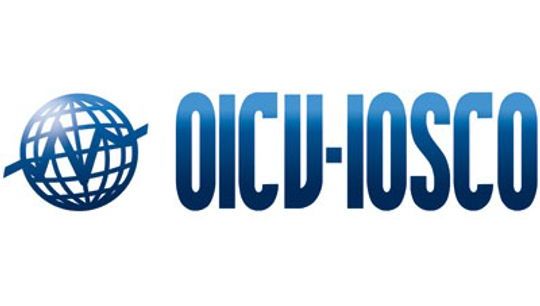PE, private credit and real estate funds to be regulated in Cayman
By Andrew Linford, Five Continents Partners Ltd. and Rolf Lindsay, Walkers Cayman & Matt Taber, Harneys Cayman
Published: 31 January 2020
2020 will see the introduction in the Cayman Islands of the registration and regulation of closed-ended funds and other investment vehicles that are used to invest in unlisted or ‘private’ assets such as private equity, private credit, real estate and infrastructure, through what will be known as the ‘Private Funds Law’.
As the jurisdiction of choice for the establishment of such funds outside of the US, the Cayman Islands remains at the forefront of legal and regulatory developments in this area and AIMA Cayman is proud to continue its part in the furtherment of best practice in the alternative funds industry. We expect fund sponsors, investors and regulators to benefit from the alignment of law and best market practice in this regard.
On 8 January 2020, the Private Funds Bill, 2020 was published (the “Bill”), and we expect that the Bill will become law by the end of January 2020. Whilst the timetable for implementation of the Bill is yet to be determined, and certain points of detail remain to be confirmed by regulations and guidance, the key provisions relevant to fund sponsors and investors are now sufficiently settled for those impacted to begin to make the substantive arrangements necessary for compliance with the new regime. We expect that ample time will be provided to permit any necessary compliance steps to be undertaken in a measured way.
This summary is based on the Bill as published. We do not expect that the final form of the legislation will deviate materially from the Bill. AIMA Cayman will continue our work with the Cayman Islands Government, the Cayman Islands Monetary Authority (“CIMA”) and other key local professionals in the spirit of cooperation in drafting new regulation that is fit for a best practice future.
The close cooperation and coordination between private and public sector in Cayman was commented on by the Honourable Tara Rivers, Minister of Financial Services at a recent meeting attended by over 400 practitioners, “It is through our constructive and cooperative working relationship, which has significantly strengthened over the past two and a half years, and your commitment to doing what is in the best interests of the jurisdiction as a whole (which in turn, will have a direct positive impact on your respective companies and firms), that we can meet the challenges facing Cayman’s financial services industry; and succeed in ensuring that the Cayman Islands remains as one of the best and highly sought after places to do business in the world,” Rivers said.
Which funds does this apply to?
The Bill applies to ‘private funds’, so named as the majority of new vehicles caught by the legislation are those investing in unlisted, or ‘private’ assets. It should be noted that the primary investorfacing vehicle offered to investors are likely to be the majority of entities caught by the legislation with other vehicles depending on structuring. The major change is that closed-ended funds, including most private equity, infrastructure and real estate fund structures are covered by the new law. However, securitisation and other structured finance vehicles are excluded from scope.
Whilst alternative investment vehicles are required to register, they are recognised as not requiring duplicative oversight or reporting, and the Bill exempts more structural entities and certain other ‘non-fund arrangements’ from its application. The exact scope of these non-fund arrangements is expected to be clarified in further rules and/or guidance issued by CIMA in due course.
The key features of the Bill
• New private funds will be required to register with CIMA prior to calling capital for purposes of investment, and to pay a modest annual fee.
• Existing private funds will be required to register with CIMA in due course.
• We expect that registration will follow the well-established online submission procedure that is applicable to open-ended funds.
• Audited financial statements will have to accompany an annual return to CIMA and will need to be audited by an approved firm.
• Private funds will be subject to requirements in relation to:
o valuation
o custody
o cash management and the identification of certain securities
In practice we expect that most fund sponsors will be able to discharge these obligations with minimal impact on their existing operations, relying on their internal capabilities and making certain straightforward disclosures to investors.
Changes to the scope of the Mutual Funds Law
The start of this year also saw the scope of the Mutual Funds Law extended to require pooled vehicles with fifteen or fewer investors to be regulated. We expect the resulting Mutual Funds (Amendment) Bill, 2020 also to become law by the end of January.
Funds currently relying on the fifteen investor exemption will therefore need to register with CIMA in due course, although the timing by which they will need to do so has not yet been confirmed. That in turn will require its directors to register with CIMA (should the vehicle be a corporate) as well as subject it to annual audit with local sign-off.
Where these closely held investor vehicles have master funds established in the Cayman Islands, these master funds may also be required to register with CIMA.









